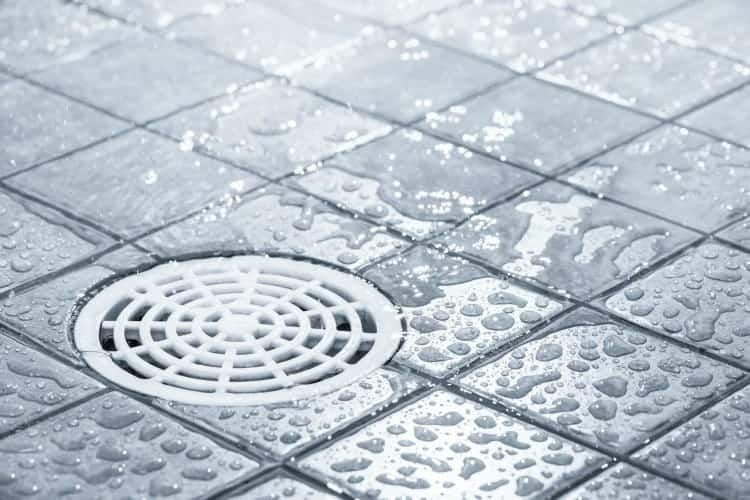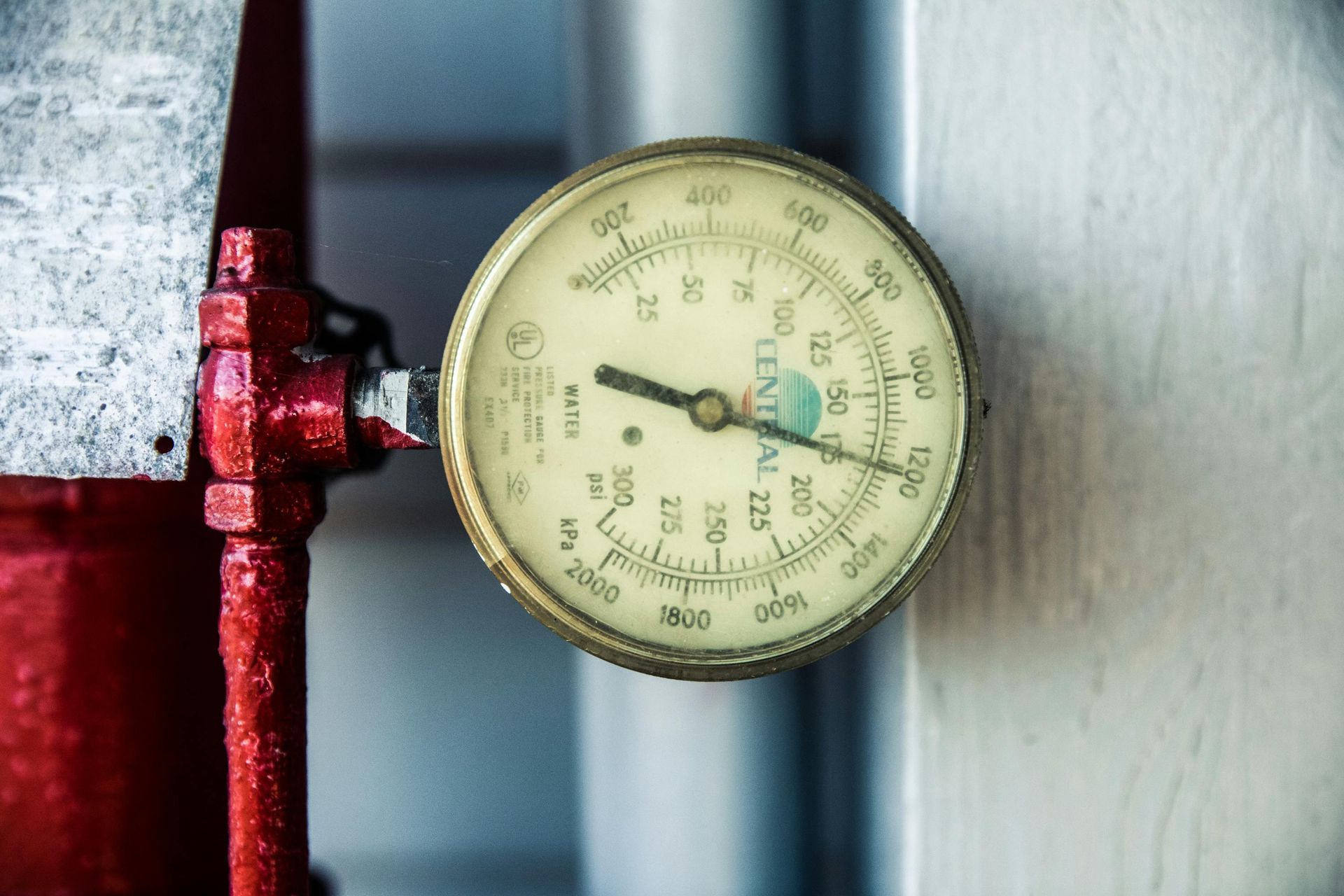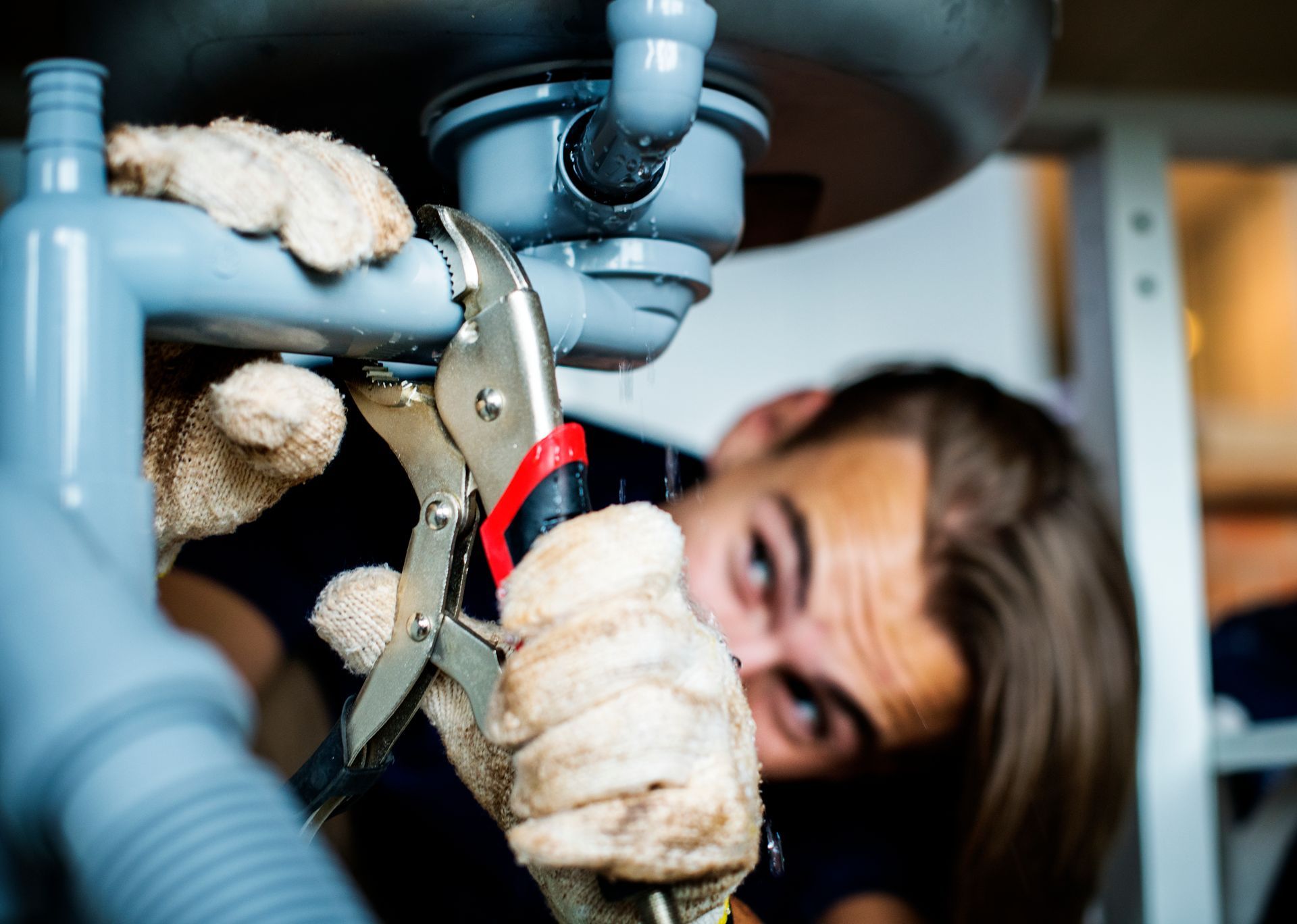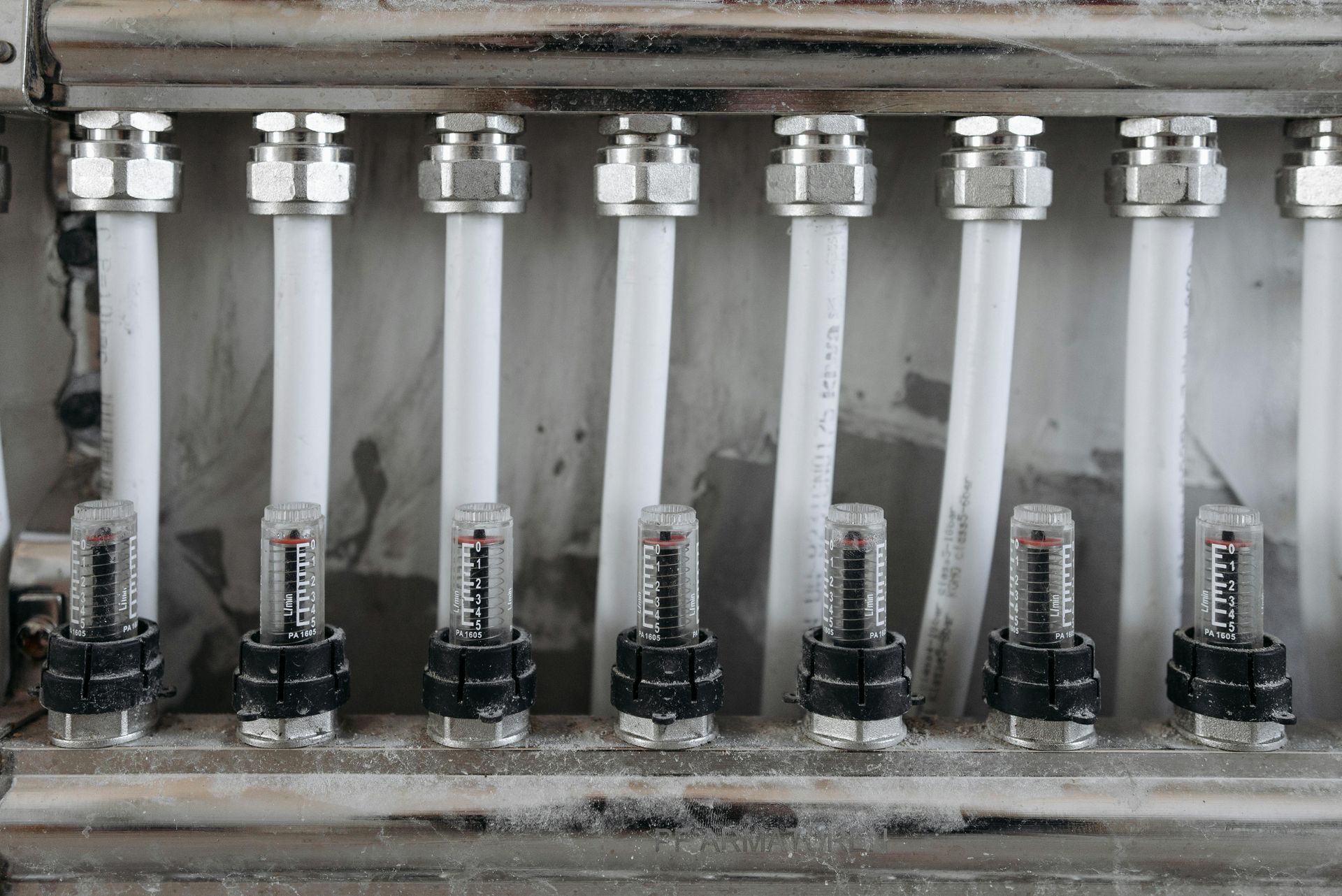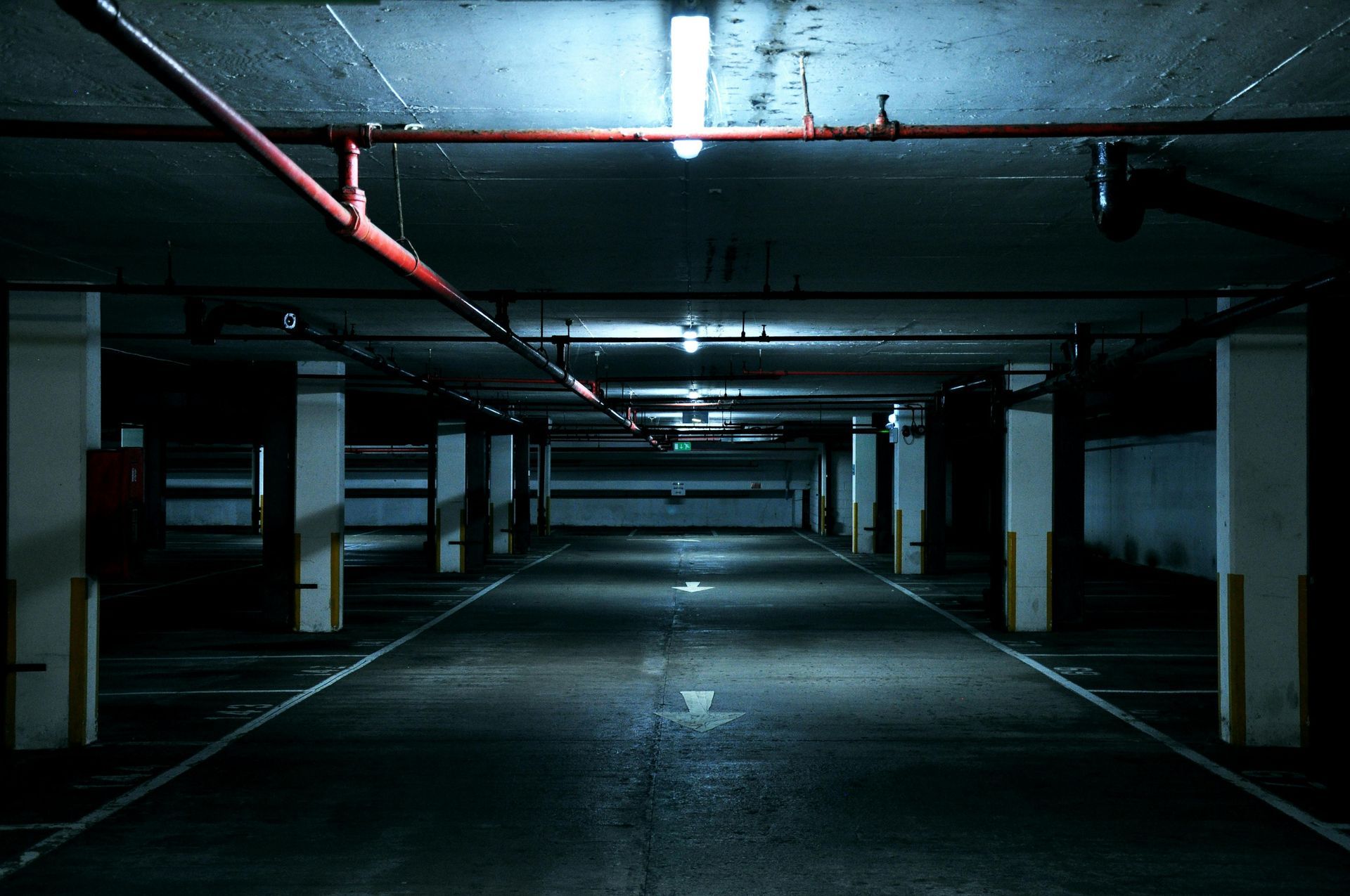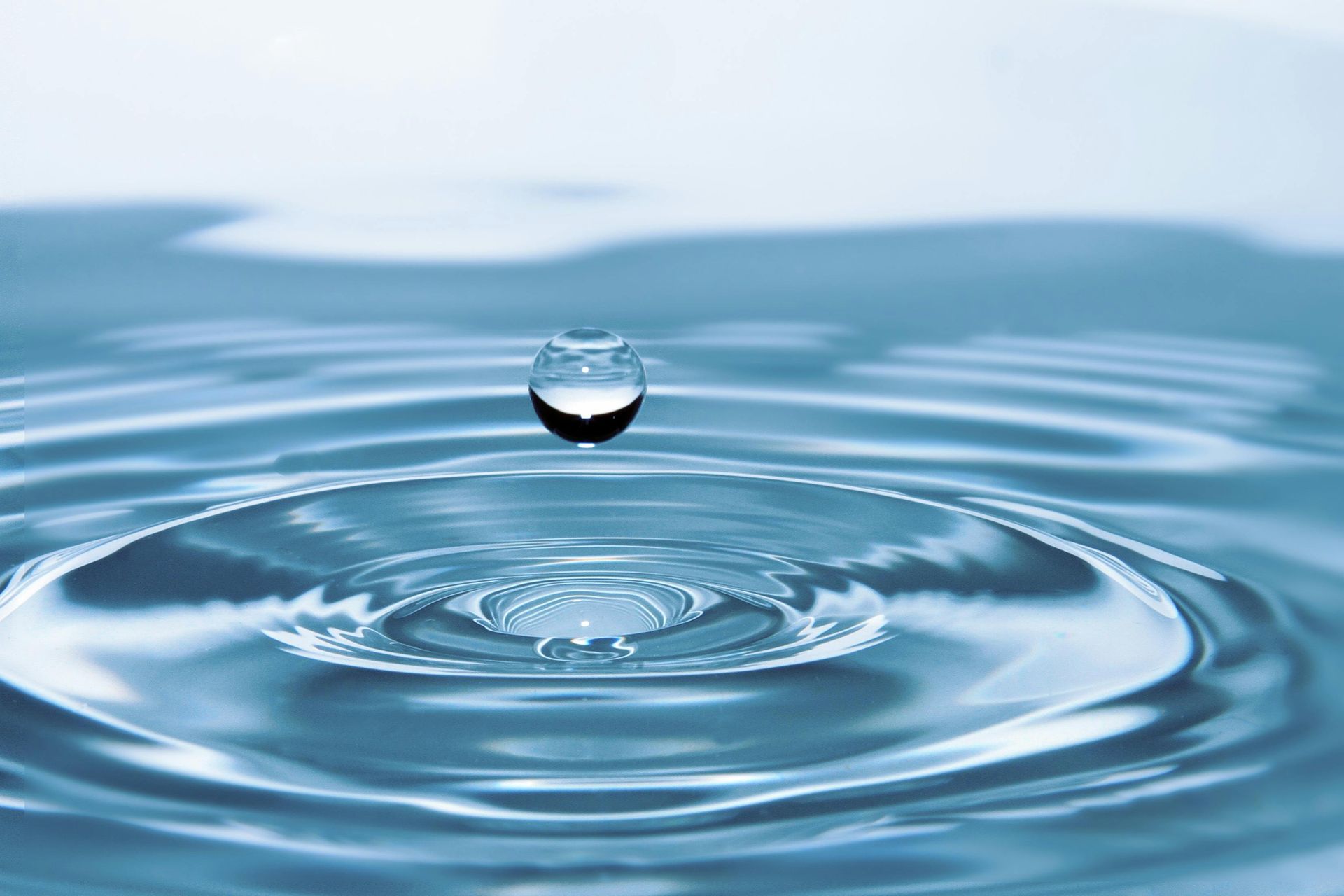Water Softener Necessity: Understanding Hard Water & Its Effects
Hard water, characterized by its high mineral content mainly calcium and magnesium, is a common issue affecting numerous households worldwide. Its presence, while not harmful for consumption, poses significant challenges to plumbing systems, appliances, and daily living. This detailed article explores the necessity of water softeners by examining the effects of hard water, the benefits of softening treatments, and essential considerations for homeowners to protect their infrastructure.
What Is Hard Water and How Does It Affect Home Plumbing?
Hard water forms when groundwater passes through mineral-rich rocks, dissolving calcium and magnesium salts. As this mineral-laden water flows through your home’s plumbing, it leaves deposits known as limescale. Over time, these deposits build up inside pipes, faucets, showerheads, and appliances, causing various problems. Limescale buildup constricts pipes, reducing water flow and pressure, and accelerates corrosion to metal plumbing components. These effects can sometimes result in leaks and premature plumbing failure.
Hard water also causes visible damage to faucets and fixtures, accelerating wear and tear. Discoloration, spotting, and rough surfaces on your faucets are common signs. Such damage may necessitate repairs or replacements, which incur substantial costs. These negative impacts stress the importance of addressing hard water issues through treatment methods like water softeners.
Benefits of Installing a Water Softener System
A water softener system works by exchanging calcium and magnesium ions with sodium or potassium ions, effectively reducing water hardness. The primary advantage of softened water is the prevention of scale buildup in your plumbing system. This prolongs the lifespan of pipes and fixtures, maintaining steady water pressure and reducing the likelihood of clogs.
Moreover, softened water improves appliance efficiency. Water heaters, dishwashers, and washing machines benefit significantly from soft water, as it prevents sediment accumulation on heating elements and internal parts. This leads to lower energy consumption and prolonged appliance life, translating to cost savings for homeowners.
Soft water also enhances household cleaning by allowing soap to lather better and reducing spotting on glassware and dishes. Personal care improves as well, since softened water is gentler on skin and hair.
Integration With Home Systems: Expansion Tanks and Faucet Choices
While installing a water softener addresses water hardness, other components like expansion tanks play complementary roles in maintaining plumbing health. Expansion tanks help regulate pressure fluctuations caused by thermal expansion, protecting your pipes and fixtures from stress and potential damage over time.
Additionally, knowing how to choose the right faucet can maximize the benefits of softened water. Selecting fixtures made from corrosion-resistant materials ensures compatibility with your softened supply and enhances durability. Consulting plumbing professionals such as All City Plumbers can guide homeowners in optimizing their plumbing setup with suitable faucets and support devices like expansion tanks.
Maintaining Your Water Softener and Plumbing Infrastructure
To retain the effectiveness of your water softener, regular maintenance is essential. Salt levels in the softener tank must be monitored, and pre-filters cleaned to prevent clogging. Periodic inspection of plumbing fixtures can detect early signs of wear and prevent leaks. Proactive maintenance ensures long-term benefits from your investment and keeps your home’s water supply consistent and reliable.
Conclusion
Understanding the effects of hard water underlines the necessity of installing a water softener for many homeowners. From protecting plumbing pipes and fixtures to preserving appliance efficiency and enhancing everyday use, softened water offers significant advantages. Combining these treatments with components like expansion tanks and informed faucet selection ensures a robust and efficient plumbing system. Engaging knowledgeable experts such as All City Plumbers can assist in system design, installation, and upkeep, helping homeowners safeguard their water quality and plumbing longevity effectively.

